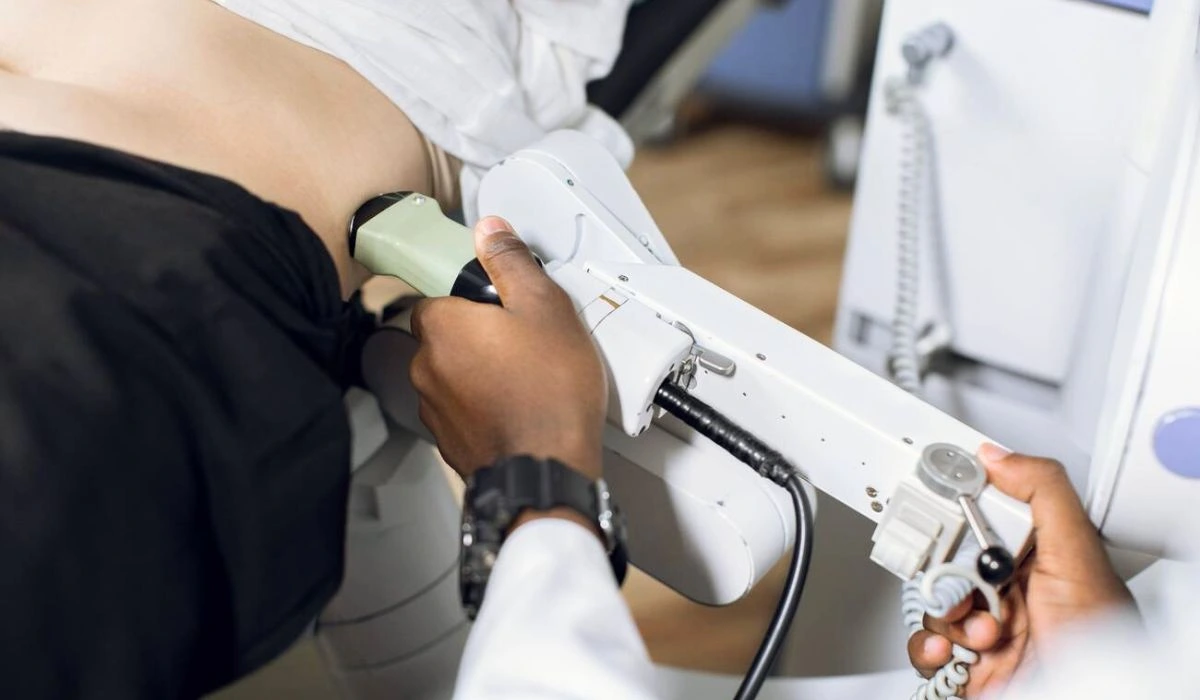Kidney stones are a common health condition that affects many people worldwide. They are hard mineral deposits that form in the kidneys and are also known as nephrolithiasis or urolithiasis. They can cause high levels of pain, irritation, and discomfort when they pass through the urinary tract of humans.
Identifying and understanding the signs of kidney stones is crucial for seeking medical attention and implementing appropriate treatment strategies as if left untreated, they can lead to serious health issues, which include kidney damage and infection.
In this article, we will explore the indications that may reveal the presence of kidney stones, although there is no definite or single cause. The aim is to provide an understanding of the signs to help individuals identify and address this condition promptly.
Symptoms Related To Kidney Stones

- The first signs of kidney stones vary from person to person depending on several factors, which include the location and size of the stone. People experience both cases, such as no symptoms or pain at all, as well as severe pain and discomfort.
- One of the major symptoms associated with kidney stones is pain. People may experience great pain in their back or side below the ribs, often radiating towards other parts of the body like the abdomen or groin area.
- Another major sign is urinary problems. People with kidney stones may experience painful and frequent urination despite having emptied their bladder or difficulty urinating.
- People may also experience a change in the color or odor of the urine or blood in their urine. These can be indicators that they have kidney stone-related issues.
- There are also cases where there may be a smell of urine, which is an indication of an infection caused by a blocked tract due to kidney stones.
- Some people with kidney stones may also experience vomiting and nausea due to irritation and inflammation in the urinary tract, which is a very serious complication of kidney stones.
- There are also cases where people with kidney stones experience fever and other health-related issues, which is a sign that there may be some kidney-related issues.
- Passing a small amount of urine is also an issue. This may be caused by the large kidney stones that block the passage or tract.
Also Read: Skin Redness On The Face: Everything You Need To Know
Factors Affecting The Development Of Kidney Stones
There are several factors that increase your chances of developing kidney stones. The factors include:
- Genetics: if someone in your family has had kidney stones, you are more likely to develop them as well.
- Diet: Eating a diet high in sugar, salt, and animal protein is a major factor.
- Dehydration: failing to get the necessary amount of water into your body can be a major contributor to kidney stone formation.
- Medical Conditions: some existing medical conditions can increase your chances of developing kidney stones.
- Being overweight: Being overweight can also result in kidney stones in some cases.
How To Reduce The Chances Of Developing Kidney Stones?
For every issue, there is a solution. Likewise, there are some solutions for reducing the chances of developing kidney stones:
- Fix your diet.
- Drink plenty of water.
- Eat more calcium.
- Eat less sodium, animal protein, and oxalate-rich foods.
- Treat the underlying medical condition.
Risk factors that are associated with kidney stones
There are some other factors that increase the chances of developing kidney stones, like:
- If the person is male
- If he or she had a kidney stone earlier
- If the person is a non-Hispanic white
- If he or she has diabetes
- If he or she has gout
- If he or she had gastric bypass surgery or other gastrointestinal surgery
- If he or she is of reproductive age and has had one or more pregnancies
- If he or she has polycystic kidney disease
Conclusion
In conclusion, kidney stones are a common condition that is seen in people and causes discomfort and pain in the urinary tract. But they are not deadly or dangerous. With some idea of the first signs, the factors causing kidney stones, and the factors that help prevent them, one can manage them well.
Being aware of the first signs of kidney stones is crucial for detection and timely treatment. Severe pain, changes in patterns, blood in urine, discomfort during urination, smelly urine, and fever with chills are all indicators that shouldn’t be ignored.
If one experiences any of these symptoms related to kidney stones, it is important to consult a healthcare professional for evaluation and management. Once the issue is detected, try to understand and behave according to the advice provided by healthcare professionals.
Read More: How To Heal A Sprained Ankle Overnight With Quick Recover Remedies?